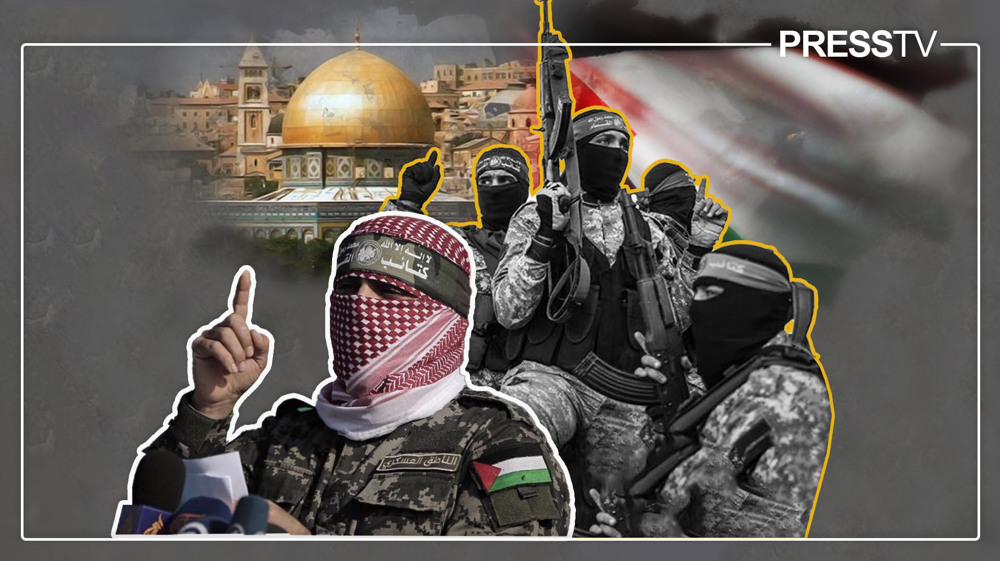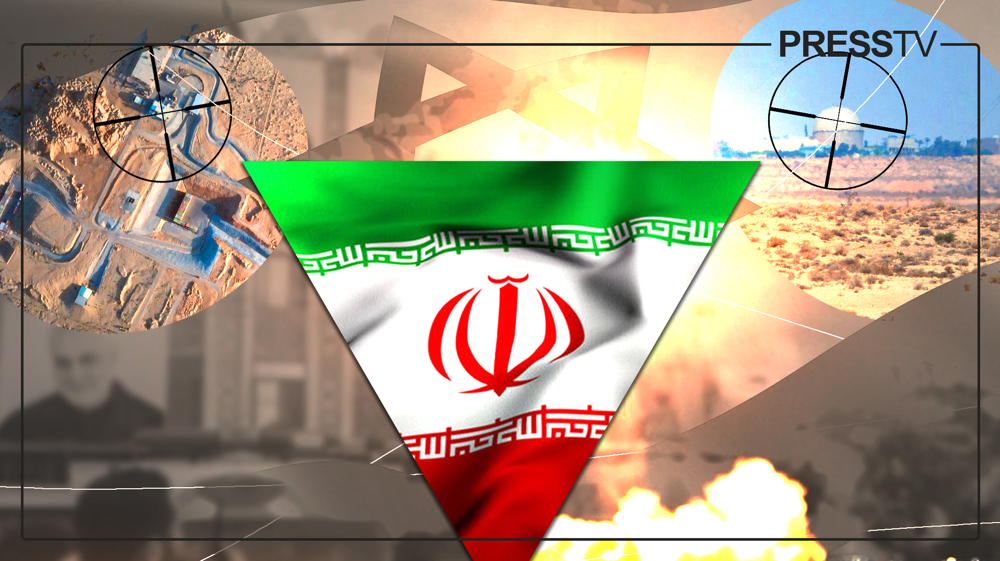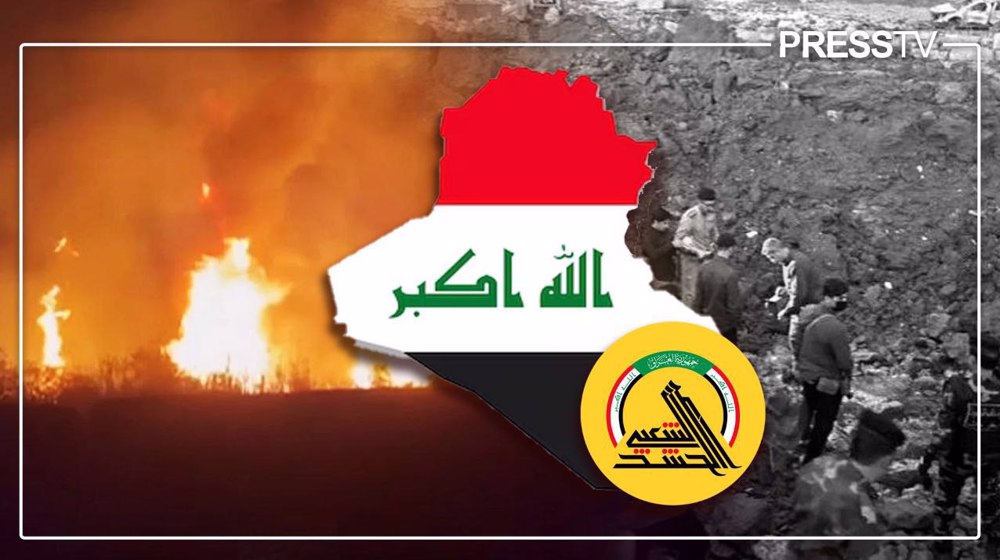How Tehran sees current talks in Vienna
By Abbas Aslani
Iran and other members of the 2015 nuclear deal – including China, Russia, the United Kingdom, France and Germany – will reconvene today on Monday in Vienna to kick off the first round of the talks under President Ebrahim Raeisi.
Iran and the P4+1 held six rounds of talks under former Iranian President Hassan Rouhani, but to no avail. The current Iranian negotiating team stresses that the talks underway in Vienna is not the continuation of the previous rounds, but the beginning of a new process. The Iranian chief negotiator Ali Bagheri Kani in a tweet on November 3 announced the date of Iran and P4+1 plenary in Vienna. A term worth noting in his tweet was the word “start” instead of “resume,” which is often used by other members of the nuclear deal aka the Joint Comprehensive Plan of Action (JCPOA). This indicates that the new Iranian delegation wants to enter into the talks with a new agenda.
Thus, this time, Iran has sent a high-level delegation to negotiate over “effective lifting of the sanctions,” which, from an Iranian perspective, is the only viable solution to the “mess originally and merely created by the US,” per an Iranian diplomat. Contrary to the previous rounds, Iran wants to pursue the negotiations in a linear format, rather engaging in parallel and simultaneous discussions on sanctions and nuclear-related issues.
Furthermore, this is going to be the first round of the talks under the new Iranian administration. For sure expecting a super quick result in this primary round will be unrealistic. This is a beginning point, which is yet to start, and not a point for judging a victory or failure. As a result, predicting a failure in negotiations that have not started yet has more to do with blame game than a real assessment. As we are hearing more about “hope” and “seriousness” from the Iranian side, Western officials and media are threatening or cautioning about a failure.
Threats, pressure and cautions about a failure can work as bargaining tactics, but brining up this simultaneously with the idea of an interim agreement, i.e. freeze for freeze, can indicate that the Western parties, the US in particular, are not yet ready for a full return to the JCPOA.
There are reasons to support the speculation that the US and its European allies are not ready to return to the nuclear accord. Polarized political environment in the US, as well as the struggle to bring Israelis and other anti-JCPOA friends on board, has made it difficult for the US administration to make a decisive decision on a return to the 2015 nuclear deal. Blaming Iran seems more convenient or a way to buy more time.
Contrary to the take that a Democratic administration in the US would unite all the Western front in the talks, some divisions among the E3 – the UK, Germany and France – and also among the E3 and EU negotiators is another salt to the injury of the JCPOA talks. The lack of a consensus inside the US and among Europeans is worth noting and can lengthen the process.
Iran is also not happy with the seriousness of the European negotiators in Vienna. Some Iranian diplomats believe that the European negotiators have a background or focus on disarmament aspect, and that’s why the previous rounds did not advance much on sanctions-related issues. Economic composition of the Iranian delegation is seemingly aimed at breaking the deadlock on major sanctions-related issues and bringing a progress to that. Tehran believes that nuclear-related issues are more transparent than the sanctions aspect. That’s why they stress the sanctions aspect in the current round of talks.
As said earlier, the current round of the talks are yet far from a “victory or failure” phase and are not expected to achieve any specific outcome, but will work as a “first impression” round to pave the way for concrete negotiations in the weeks to come. Although this is not the first round of the talks between Iran and the JCPOA members, it is, at least, the first round under a different administration in Tehran that has quite a different approach toward the process.
The quality and the timeline of the upcoming talks will depend on the concentration of the delegations. Regardless of where the talks start from, there are serious areas of difference on the table that need to be addressed. Focusing more on concrete discussions than a blame-game-based approach will be more constructive and can facilitate the process.
(The views expressed in this article do not necessarily reflect those of Press TV.)
Gaza faces imminent famine as people starving to death: UN warns
North Korea to stand up to sanctions, bolster military power: Official
Hezbollah says 2,000 Israeli forces killed, injured in operations since Gaza war began
War of wills: Iran army chief vows crushing response to any aggression
April 24: ‘Axis of Resistance’ operations against Israeli occupation
Tabas sand defeats US military
'US secretly sent long-range ATACMS missiles to Ukraine in recent weeks'
Iran: Awakened world public opinion determined to stop Israel war crimes










 This makes it easy to access the Press TV website
This makes it easy to access the Press TV website